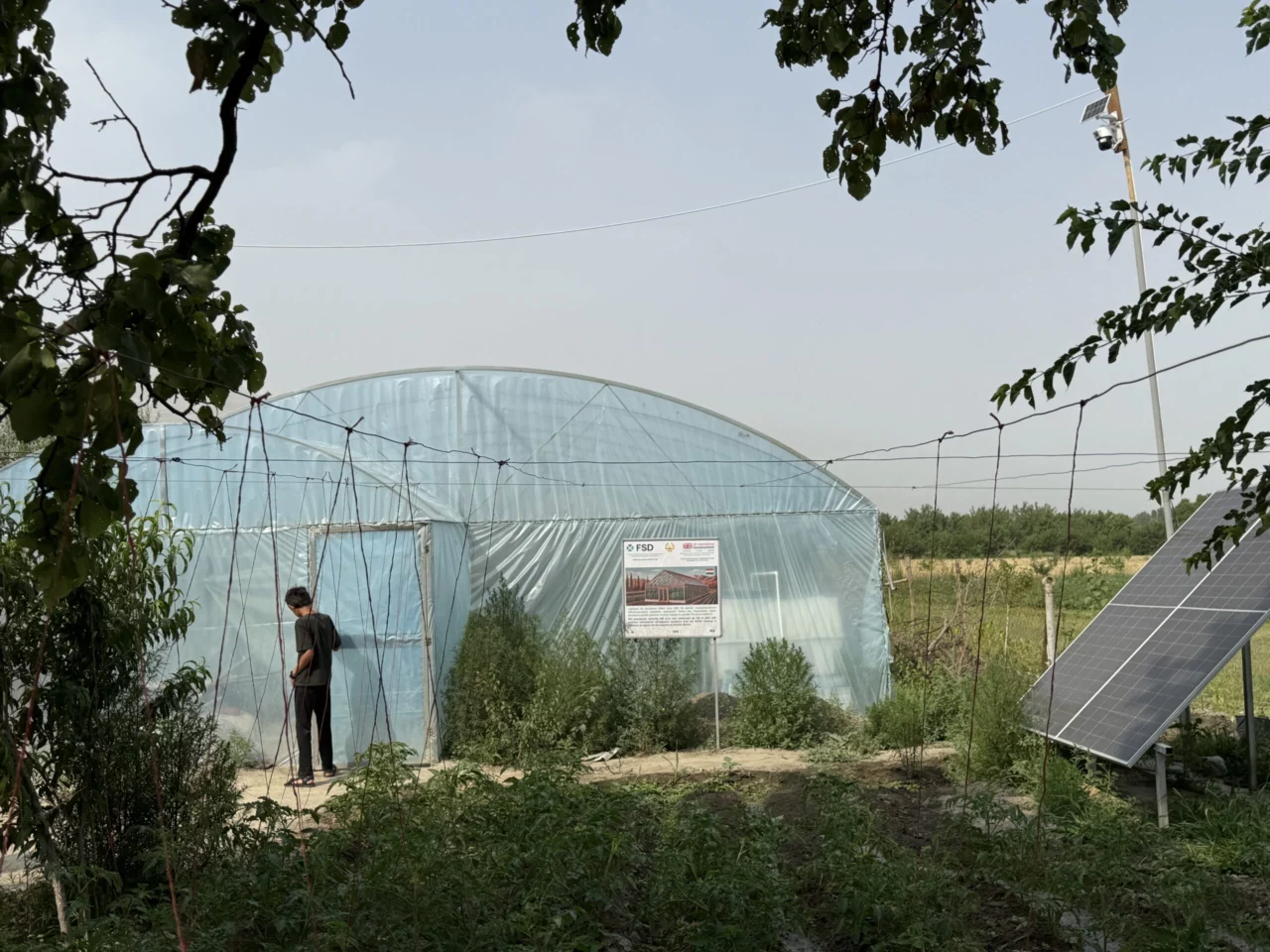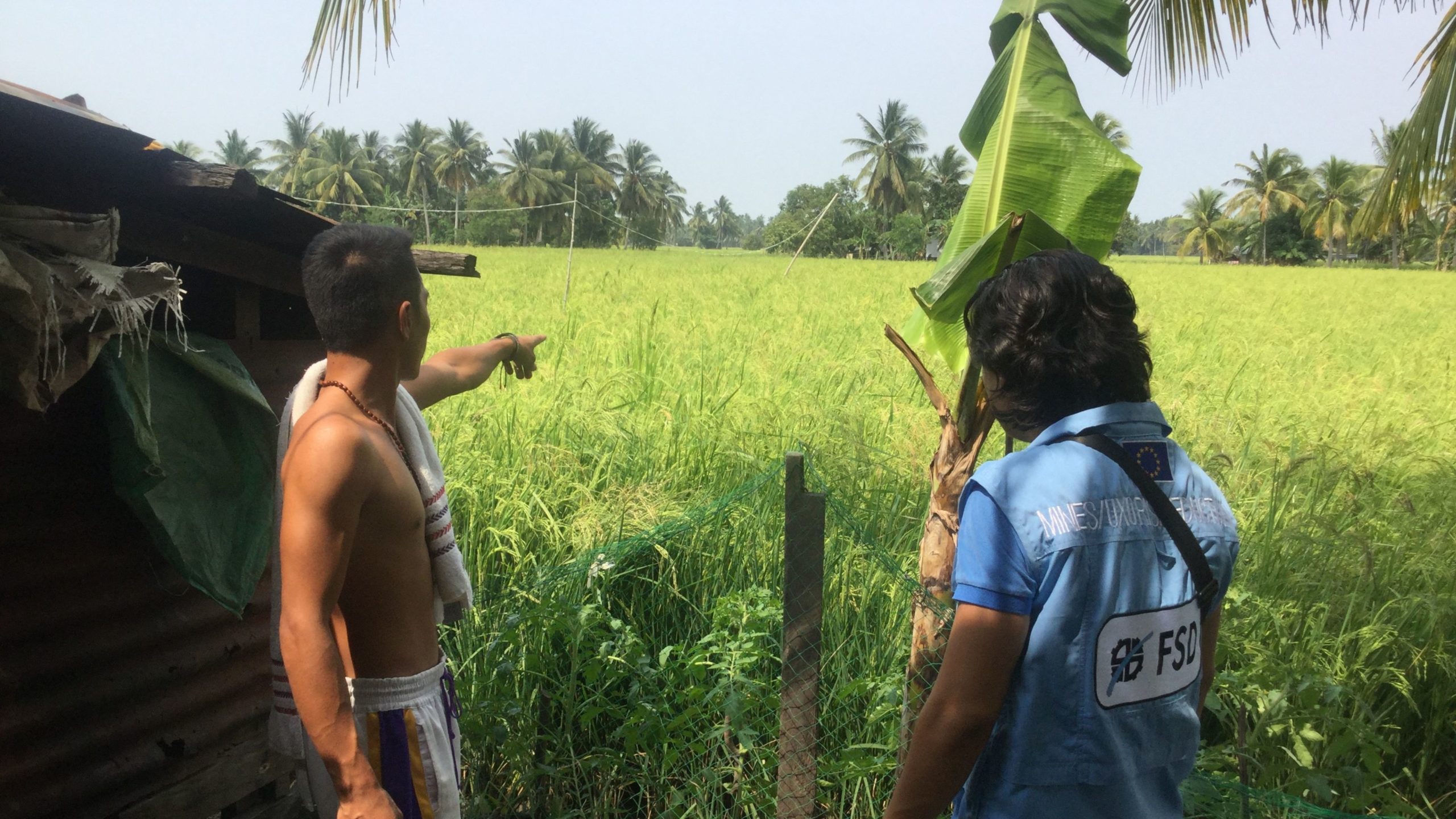We use audience measurement tools (such as Google Analytics 4 and Clarity), via Google Tag Manager, to understand how the website is used and to improve it. The data are used for statistical purposes only and are not used for targeted advertising.
Strengthening resilience to climate change
Climate change is exerting increasing pressure on the environment and ecosystems. In countries already weakened by war or instability, its effects, such as droughts, floods and soil erosion, threaten livelihoods and can act as an additional destabilising factor. Beyond landmine clearance, FSD strengthens environmental protection and climate resilience.

When climate threatens peace
The effects of climate change manifest as extreme temperatures, severe weather events, prolonged droughts, floods, and increased soil erosion. These phenomena weaken ecosystems, reduce agricultural production, and exacerbate food insecurity by affecting the availability, access, and stability of resources. In already fragile contexts, environmental degradation and resource scarcity can heighten tensions, undermine stability, and hinder peacebuilding efforts.
Local responses for a sustainable future
FSD implements a variety of projects aimed at strengthening resilience to climate change in contexts of instability or post-conflict settings, supporting food security and improving community living conditions. Some projects are carried out on previously cleared land or nearby areas, while others form part of broader recovery and sustainable development efforts.
These initiatives seek to improve access to water and promote the use of solar energy, encourage sustainable and climate-adapted agricultural practices — such as greenhouse cultivation, hydroponic systems, or the use of natural fertilisers — and protect the soil through tree planting and the rehabilitation of degraded land.
Latest news from FSD
View all
Mindanao: A New Operational Centre Enabling a Rapid Response to Explosive Risks
Until recently, many residents were reluctant to report the presence of these items, due to fear, mistrust, or a lack…
Humanitarian demining Non catégorisé Philippines

QR Codes to Save Lives
In Kharkiv province, Ukraine, residents live every day with the invisible yet very real presence of explosive remnants of war. FSD…
Prevention and risk education

FSD strengthens Ukraine’s mechanical demining capacity
FSD has launched a new project funded by the Swiss State Secretariat for Economic Affairs (SECO) to help the State…
Machines, drones and technology Humanitarian demining Non catégorisé